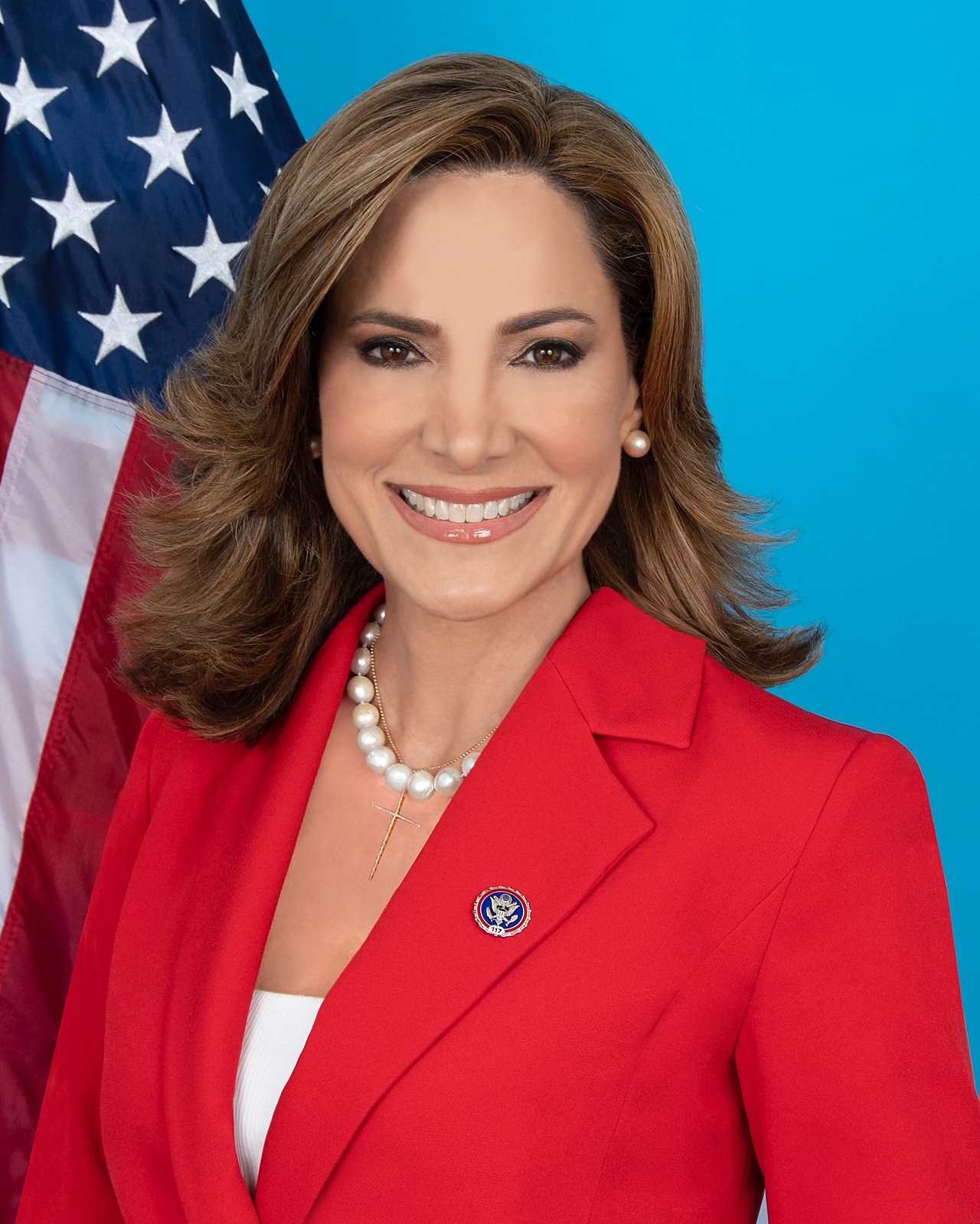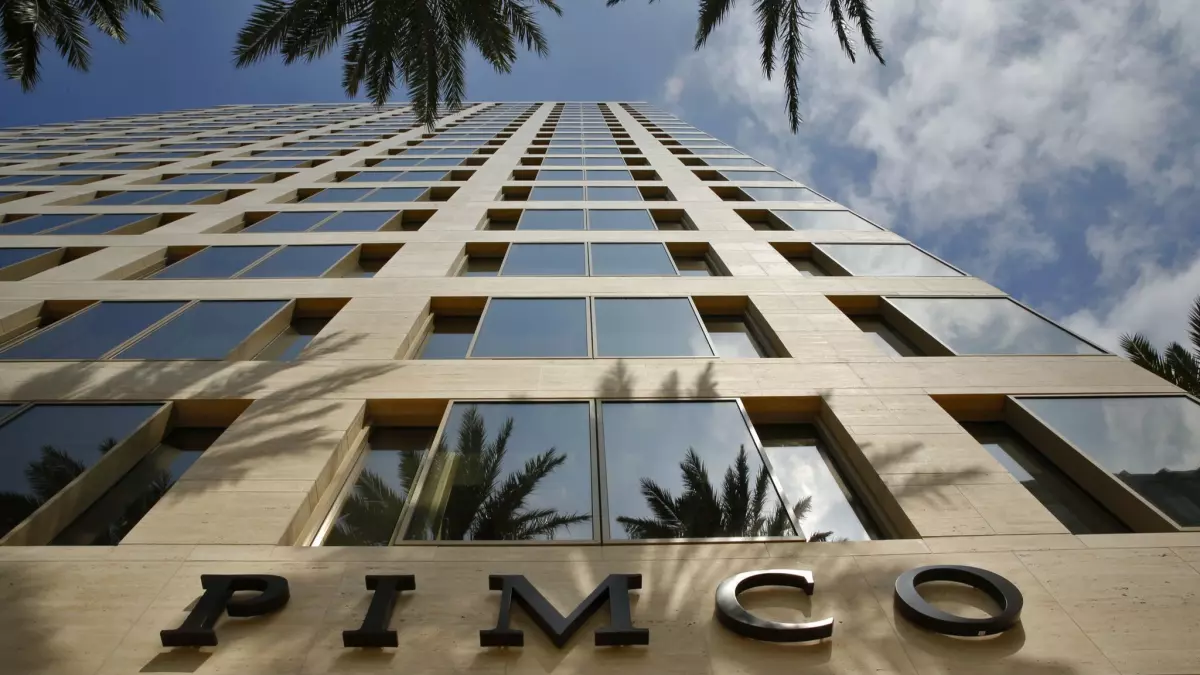In a significant strategic shift, Chinese electric-vehicle battery giant Contemporary Amperex Technology is reportedly in discussions to license its cutting-edge battery technology in the United States, potentially partnering with Tesla (TSLA) and other major global automakers, according to the Wall Street Journal. This initiative by CATL diverges from the conventional approach of establishing manufacturing plants and focuses on leveraging its technological advancements through licensing agreements. The scope and specifics of the potential partnership with Tesla, including the technology to be licensed, are still under negotiation, with financial considerations playing a key role.
CATL's ongoing partnership with Ford Motor Company (F) serves as a model for this new strategic approach. Notably, Ford decided to scale back its investment in a Michigan battery facility to instead produce lithium-iron batteries using CATL's technology, following scrutiny from U.S. lawmakers. This maneuver aligns with recent U.S. regulatory efforts aimed at reducing dependence on China for EV battery components and limiting Chinese battery firms from benefiting from electric vehicle tax credits.
Market Overview:
-CATL Strategy Shift: Chinese battery giant CATLis abandoning plans for a US battery plant, opting instead for licensing deals with automakers like Tesla (TSLA.O).
-Reasons for Change: This shift reflects a slowdown in global electric vehicle (EV) demand and tightening US restrictions on Chinese involvement in the EV supply chain.
-Impact on US Market: CATL's licensing strategy could grant them a foothold in the US despite these limitations.
Key Points:
-Licensing Discussions: CATL is in talks with Tesla and other unnamed automakers to license its battery technology in the US.
-Deal Dynamics: The details and scale of cooperation will depend on individual carmakers' cash flow.
-Partnership Model: CATL will likely follow its existing Ford partnership model for collaborations with other US automakers. This involves producing low-cost lithium-iron batteries using CATL technology.
-Geopolitical Tensions: The shift in strategy reflects a global EV demand slowdown and US efforts to limit reliance on Chinese minerals and battery companies for EV tax credit eligibility.
Looking Ahead:
-Success Hinges on Negotiations: The success of CATL's licensing deals relies on negotiations with potentially cash-strapped automakers.
-Evolving EV Landscape: This development underscores the evolving dynamics of the global -EV supply chain, with competition intensifying and countries seeking greater control over battery technology.
-CATL's Continued Engagement with Tesla: While pursuing licensing deals, CATL remains engaged with Tesla, supplying machinery for their Nevada factory and collaborating on faster-charging battery development.
Amidst a global deceleration in EV demand, CATL is actively exploring alternative business strategies. Besides licensing its technology in the U.S., CATL is working on developing faster-charging batteries for Tesla and supplying machinery for Tesla’s factory in Nevada, a move indicative of CATL's expanding footprint in the EV sector and its deepening relationship with major players like Tesla. CATL's Chairman Robin Zeng has expressed the company's intent to establish research and development centers in Hong Kong, focusing on creating innovative technologies that could be licensed globally, particularly as domestic EV demand in China weakens.
This strategic shift by CATL underscores the dynamic and evolving landscape of the global EV battery market. By choosing to license its technology rather than investing directly in manufacturing facilities in the U.S., CATL is positioning itself to navigate the complexities of international trade and regulatory environments. This approach not only enables CATL to expand its global influence but also allows for collaborations with major automakers, potentially reshaping the competitive dynamics of the EV battery industry.



